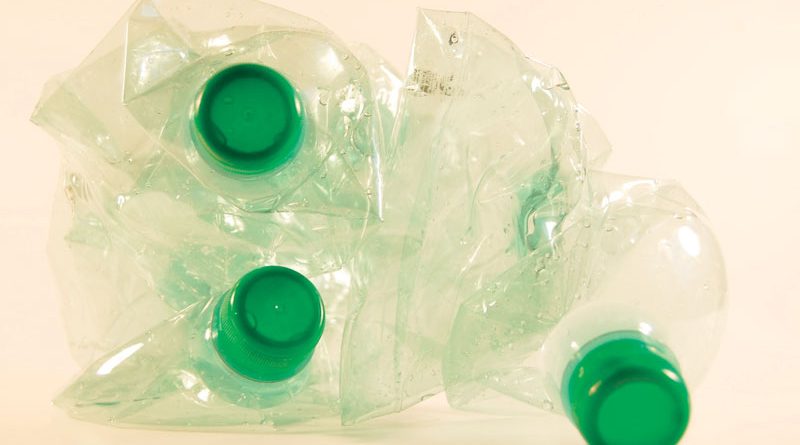The Italian Plastics and Rubber Processing Industry is Slowing Down
After a period of unmitigated growth, also the Italian industry of plastics and rubber processing machinery, equipment, and moulds is slowing down. The year 2019 is expected to bring a reversal in trend, with a downturn in both the domestic market and in exports: a negative trend in line with that of world manufacturing.
The year 2018 most likely represents the end of a growth cycle for plastics and rubber processing machinery, equipment, and moulds.
This was the outcome of the annual members Assembly of Amaplast, the Italian trade association, belonging to Confindustria, that represents this sector. On the basis of data from the Amaplast Statistical Studies Center, production during 2018 continued to grow, albeit at a modest pace, while exports fell only slightly. Imports and the domestic market showed good performance, the latter benefiting from investment incentive measures implemented in the earlier stability law.
A reversal in trend is expected for year 2019
Unfortunately, year 2019 is expected to bring a reversal in trend, with a downturn in both the domestic market and in exports.
First-quarter foreign trade data for the sector witnessed a weakening of trade generally on the global level, partially due to the protectionist policies implemented by some of the major players.
The manufacturing industry in all parts of the world appears headed into a period of slowing growth and Italian manufacturers are no exception; the industrial production index has dipped into negative territory on more than one occasion, and a decline in orders has businesses worried. The faith of the business community shows signs of faltering within an overall lacklustre outlook and few rosy prospects.
The global economic framework is heavily impacting on the Italian market. The trade tensions between the United States and China, the policies toward Iran and Russia, the slowdown of the Chinese economy, and other dynamics involving world players are among the main causes.
The trend of the German sector is anything but reassuring: in the first months of 2019, orders for injection moulding machines have collapsed (by 30% according to unofficial estimates), dragged down by the crisis in the automotive sector.
The automotive industry, a major sector of application, has witnessed a significant downturn in recent months in Italy as well.
But also other application markets in Germany seem to be experiencing a difficult period. Indeed, a recent press release from the trade association VDMA contained estimates of a 10% drop in orders in the first quarter of 2019 and a similar drop in revenues at year end with respect to 2018.
The most recent sentiment survey conducted by Amaplast among its members in late May highlights decreased optimism, especially as regards orders, which on the whole are seen as diminishing with respect to two months earlier. The expectations for the first half of 2019 are rather cautious in this regard, although the perception on revenues for January-June are somewhat less negative.
Recycling of post-consumer plastics and sustainable plastic packaging
These are two major issues involved with the plastics processing industry. According to COREPLA (National Consortium for the Collection and Recycling of Plastic packages), the recycling of post-consumer plastics, in 2018 grew by +9.7% over 2017 to exceed a total of 643,000 tonnes.
In 2018, the Consortium recovered more than 383,000 tons of waste plastics. This is an important alternative way (even though plants do not have an adequate capacity) for the use of recovered polymeric materials, which cannot be used in their entirety for the production of new products, both for the considerable quantities involved and for their heterogeneous composition.

